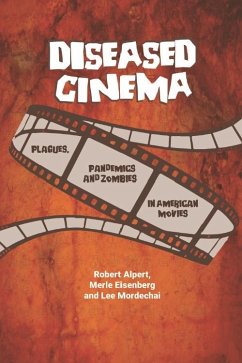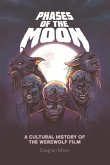Discusses how the depiction of diseases in movies has changed over the last century and what these changes reveal about American culture
- Examines disease movies as a genre that has emerged over the last century and includes pandemic and zombie films
- Reveals the changes to the genre's narratives over three broad time periods: the beginning of film through the 1980s, the 1990s through the mid-2000s, and the late 2000s and afterward
- Investigates the evolution of disease movies through three perspectives: historically notable films, remakes, and franchises
- Analyses disease movies in the context of the development of American, global capitalism and the fragmentation of the social contract
- Explains the role of disease movie narratives in the American experience of Covid
American movies about infectious diseases have reflected and driven dominant cultural narratives during the past century. These movies - both real pandemics and imagined zombie outbreaks - have become wildly popular since the beginning of the 21st century.
They have shifted from featuring a contained outbreak to an imagined containment of a known disease to a globalized, uncontainable pandemic of an unknown origin. Movie narratives have changed from identifying and solving social problems to a despair and acceptance of America's failure to fulfil its historic social contract.
Movies reflect and drive developments in American capitalism that increasingly advocates for individuals and their families, rather than communities and the public good. Disease movies today minimize human differences and envisage a utopian new world order to advance the needs of contemporary American capitalism. These movie narratives shaped reactions to the outbreak of Covid and reinforced individual responsibility as the solution to end the pandemic.
Dieser Download kann aus rechtlichen Gründen nur mit Rechnungsadresse in A, B, BG, CY, CZ, D, DK, EW, E, FIN, F, GR, HR, H, IRL, I, LT, L, LR, M, NL, PL, P, R, S, SLO, SK ausgeliefert werden.









